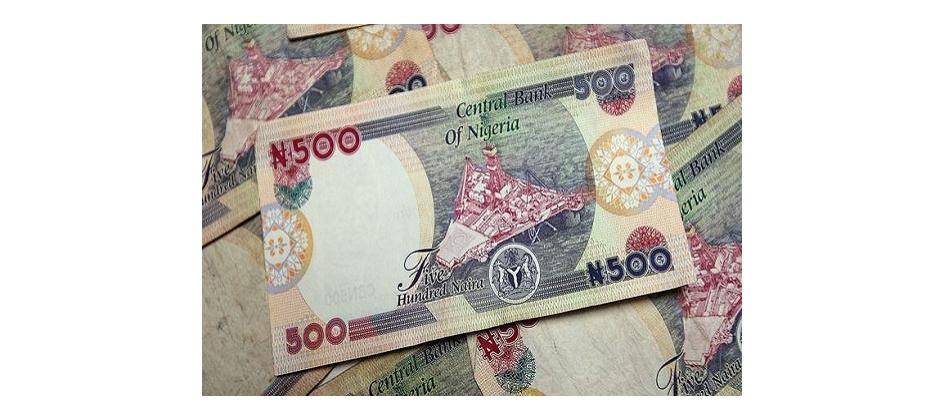
Protecting trade in Nigeria, how DFIs are responding to COVID-19
With the COVID-19 pandemic continuing to devastate economies around the world, Africa is set to experience its first recession since the 1990s, threatening to undo two decades of growth and development.
In Nigeria, these challenges are magnified by the country’s overwhelming dependence on oil. The drop in projected crude revenue from N5.5 trillion to N1.1 trillion this year will create a difficult fiscal position, forcing the government to make tough choices as it determines how to allocate dwindling resources in a time of increasing need. With an economy significantly impacted by government spending, these effects are directly felt by households and businesses across all sectors of the real economy, ranging from bricks-and-mortar merchants and SMEs to major manufacturers.
The country’s trade sector is particularly affected by the re-emergence of foreign exchange shortage that has been amplified by the global oil price crash, lower remittances and reversed investment flows. Businesses have struggled to secure much-needed dollars to conduct international transactions and have been unable to open new lines of credit.
This has important ramifications across the economy: food manufacturers with limited access to dollars may struggle to import wheat or other raw materials sourced from overseas, crucial for providing essential food and nutrition to millions. Companies with foreign loans may struggle to source dollars to pay maturing instalments while some foreign portfolio investors have struggled to repatriate dividends and proceeds from sale of assets.
The government has been swift to introduce measures to shore up the economy and protect the private sector – including the N3.6 trillion stimulus package. However, Nigeria will continue to face persistent foreign exchange challenges that stifle trade as long as the country relies on oil for the majority of its export earnings. The currency shortage means that Nigerian businesses may be unable to make dollar payments for trade finance transactions when they fall due, resulting in technical defaults. This makes it challenging to secure new lines of credit, thereby further slowing their growth and exacerbating trading conditions under a pandemic.
As a development finance institution (DFI) with a long history of providing trade finance facilities in Nigeria, CDC Group is committed to increasing its work with partner banks to address these forex liquidity issues.
While international commercial financiers tend to reduce their risk appetite in times of crisis, DFIs have a developmental mandate to invest counter-cyclically to protect the private sector and, importantly, jobs. As international banks reduce their trade finance limits in Nigeria or become reluctant to renew maturing lines of credit, DFIs are stepping in to ensure that trade continues as smoothly as possible. Investing at the most challenging times is part and parcel of DFIs’ mission to support growth and jobs that help people prosper and leave poverty behind.
Protecting the private sector and facilitating trade today will lead to a faster national economic recovery in the medium and long term. That is why we are increasing existing trade finance facilities and deepening our pre-existing partnerships with three leading international banks, to provide approximately $300 million to support trade across Africa, with a particular focus on Nigeria.
Under these facilities, CDC’s partner banks directly take on risk from banks in Nigeria – and across the continent – to enable local importers to conduct more regional and international transactions. This will help alleviate the pressure on businesses such as manufacturers or pharmaceutical companies that have struggled to import inputs for their operations. Some are already facing major cash flow challenges and may have to cease or downscale operations in the near future if they are unable to secure imports, potentially leading to job losses and a further slowdown in economic activity. For many of these businesses, trade finance can be a lifeline that allows them to weather the crisis, retain staff and pay salaries, as well as the taxes needed to fund essential public services such as healthcare or education.
As the full economic impact of the pandemic on Nigeria’s economy becomes more apparent in the coming months, the DFI community’s support will be even more vital as more banks leverage their guarantees for trade finance to expand letters of credit business.
This is the third major crisis Nigeria has gone through in just over a decade, following the 2008 global financial crisis and the 2015-2017 oil crisis. The current context has again highlighted the need to diversify the economy beyond oil, presenting an opportunity for Nigeria to build back better with an inclusive, green, sustainable and resilient economy. I am confident that by working together with the government, DFIs can play their part in bringing this vision to fruition. CDC’s patient capital will help to bring stability in the longer term. We remain committed to supporting our portfolio and investing in Nigeria as we have done since 1948.


